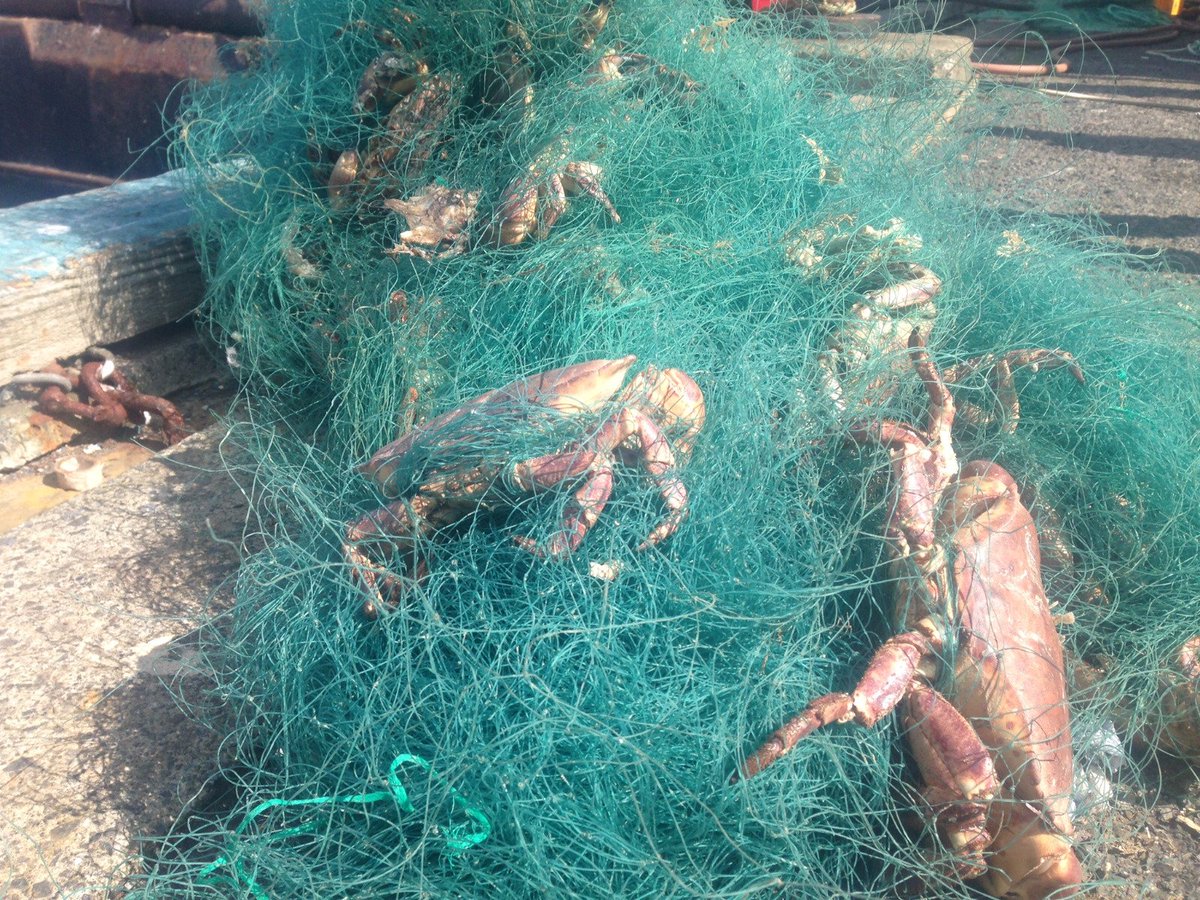
I’ve been taking a lot of heat over the past week, stoked by certain Twitter accounts, on the grounds that I “support trophy hunting”.
I don’t. I hate it.
But I have been seeking to engage with complexities which some people refuse to acknowledge.
Thread/
I don’t. I hate it.
But I have been seeking to engage with complexities which some people refuse to acknowledge.
Thread/
These complexities affect some places, in some circumstances. They are not universal, but they are important. In these cases, trophy hunting currently helps to protect some crucial wildlife habitats and allows populations of highly threatened species to recover.
To give a few of many examples, trophy hunting has contributed to the remarkable rise in the number of both white and black rhinos in Namibia and South Africa, to the recovery of the Selous Reserve in Tanzania and to the protection of polar bears by Inuit communities in Nunavut.
I would very much like this conservation to happen by other means. I’m revolted by the sight of hunters posing with the magnificent animals they have killed. But despite decades of promises by rich nations to fund conservation properly in poor ones, the money never materialises.
While local communities wait and wait for this promised money to arrive, the revenue from trophy hunting, in certain places and cases, fills the gap as an incentive for conservation.
If it were suddenly stopped, as many demand, the result, in some of these cases, would be the large-scale conversion of land from wildlife habitat to agriculture, and the loss of crucial populations of large, threatened animals.
So why, many people ask, can’t this be done by other means? For example, through photographic tourism? Well, tourists tend to cluster in certain hotspots, often those with open habitats (where animals can easily be seen), easy access, no tsetse flies etc.
Large areas of very important habitat, but of the kind few tourists are drawn to, and where other forms of revenue are not sufficient, are currently being funded by the “sport” we all hate.
Do we expect people much poorer than ourselves to live alongside large and dangerous animals, and refrain from converting their land to farming, simply for the love of it? If so, why are we not prepared to do so ourselves?
After all, elephants, rhinos, lions, hyaenas and hippos once lived throughout Europe, including the UK, during the last interglacial. My proposal that we reinstate them hasn’t exactly been met with enthusiasm. Why do we expect other people, without help or incentive, to do so?
So yes, by all means, let’s stop this grotesque business. It revolts me as much as it revolts you. But only once other incentives have been locked into place. Otherwise, far from preventing the mass killing of the wildlife we love, we will accelerate it.
And in the meantime, we help no one by abusing and threatening those who seek to discuss these uncomfortable realities. We should be able to navigate difficult issues without being pilloried.
Exploring complex and troubling issues is what I do. It is not a sin.
Thank you.
Exploring complex and troubling issues is what I do. It is not a sin.
Thank you.
• • •
Missing some Tweet in this thread? You can try to
force a refresh







